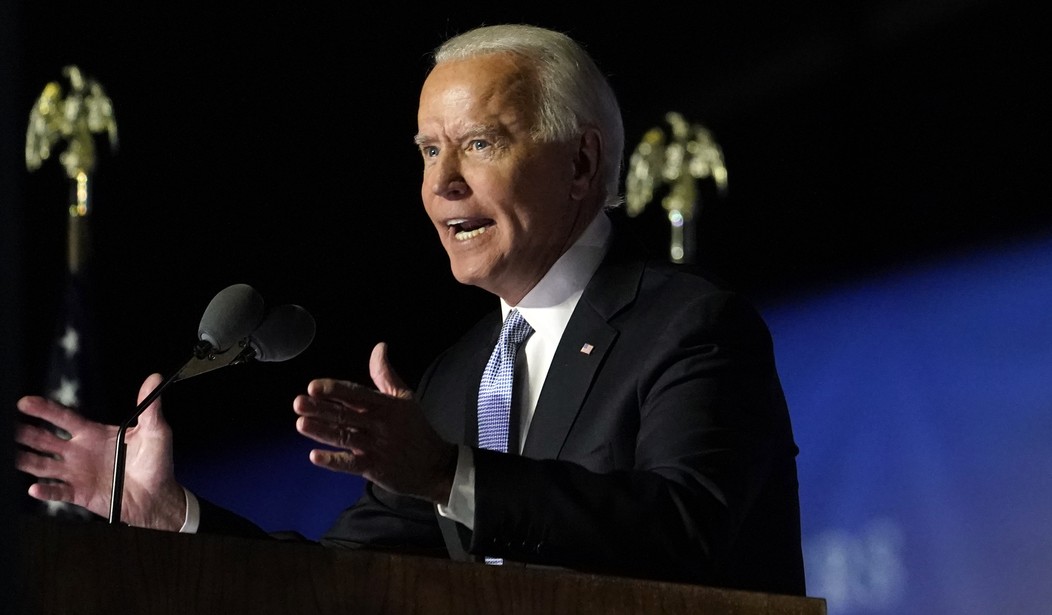The Trump administration played Whack-a-Mole with Huawei for three years without stopping the Chinese giant from installing 700,000 5G base stations in China — versus a U.S. total of just 10,000. China plans to have 10 million base stations in place by 2024 to wire its economy for the Fourth Industrial Revolution. And the Biden administration is ready to throw in the towel on the tech war.
I report this in a new piece at Asia Times. And on Friday, Nov. 20 at 9:00 a.m., I’ll interview the ultimate chip industry insider, Dr. Handel Jones of International Business Services, on an Asia Times webinar. You can register for the webinar at this link. Questions will be accepted from the Zoom audience
Here’s a summary of what I had to say at Asia Times:
A new policy paper by an A-list of academics and former officials close to the Biden camp proposes cooperation rather than confrontation with China in a wide range of fields, including a role for Huawei in the global buildout of fifth-generation mobile broadband. Entitled “Meeting the China Challenge: A New American Strategy for Technology Competition,” the November 16 report may signal a major change in US policy under the incoming administration.
……
The report’s authors, who include Professor Susan Shirk, a former State Department official under the Clinton Administration, former Deputy Secretary of Defense Bob Work and former US trade representative Charlene Barshefsky, depart radically from the Trump Administration by declaring that the US has to learn to live with Huawei and other Chinese telecom equipment providers. They write:
The United States should not attempt to win a race between Huawei and a new American national champion. Instead, the United States should adopt a forward-looking strategy to enable a variety of new entrants to enter the 5G innovation space successfully…
That is a remarkable departure from previous American thinking. Even if the “variety of new entrants” appears, the United States will abandon any hope of world leadership in telecommunications equipment. The report continues:
Huawei’s prominence in the global technology market presents a special challenge. The risks associated with Huawei can justify a ban on some products by some countries, but total global exclusion of Huawei is not feasible – nor is Huawei the only risk. Instead, the United States should pursue a layered approach to risk mitigation that maximizes network reliability and security and manages the espionage and sabotage risks in the applications and end-user devices that interact deeply with these networks. While a ban on Huawei is feasible in some key countries, especially allies and partners, this is a global networking challenge that requires multifaceted solutions. Considering that Chinese components, user terminals, and software will be intermixed among the billions of connected end users of 5G globally, a total global market ban on Huawei and other Chinese suppliers is not practical.
Have we lost? Is the Biden camp right to throw in the towel? You can ask that question at the Nov. 20 Asia Times webinar.










Join the conversation as a VIP Member